
Chapter Audio Books on PodOmatic
Hosted on PodOmatic, free public domain audio books, presented in Chapters format. Material sourced from audioowl.com. The chapters format is suitable for iTunes, iPods and iPhones only.
- Update frequency
- every day
- Average duration
- 154 minutes
- Episodes
- 22
- Years Active
- 2010
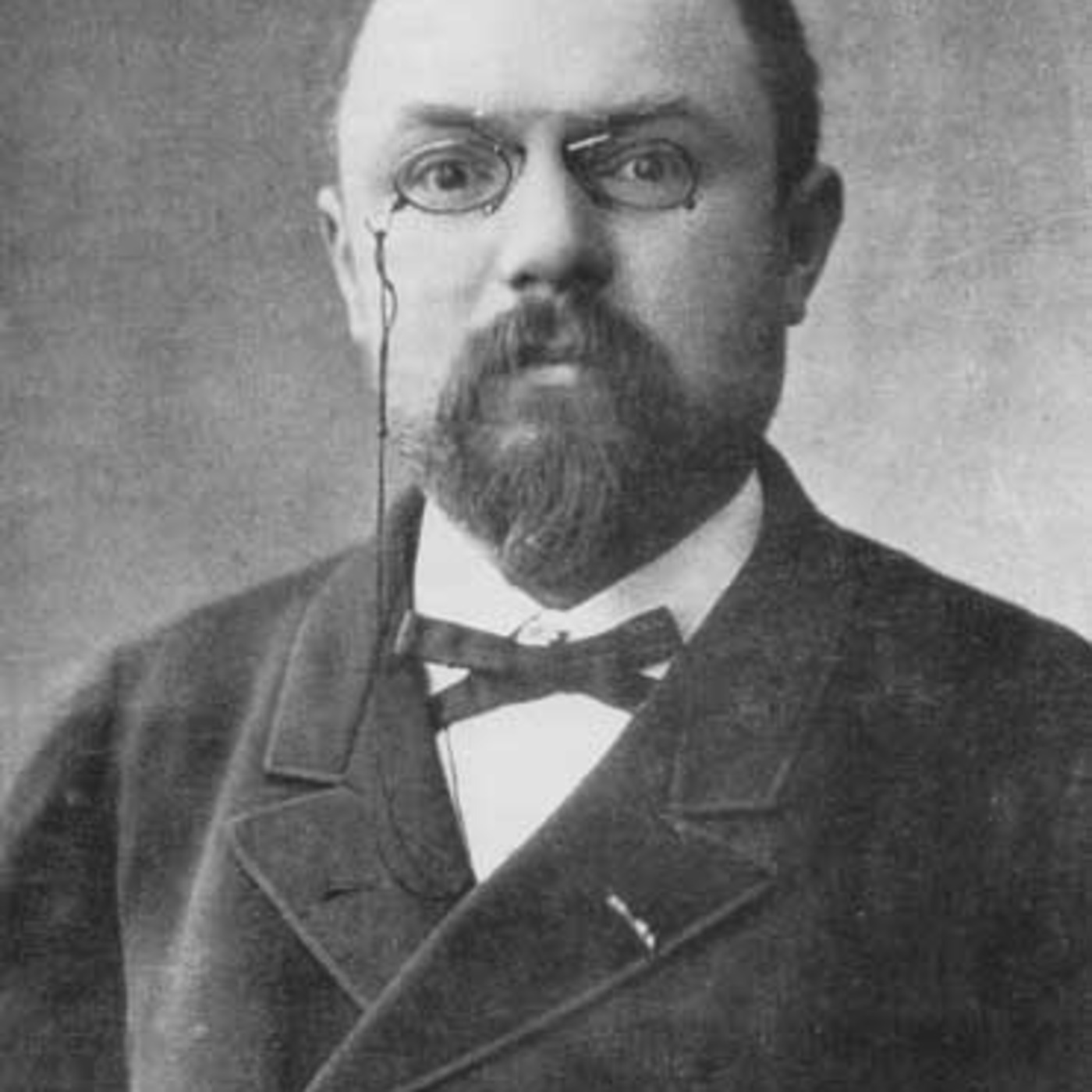
Henri Poincaré: Science and Hypothesis
By: Henri Poincaré
Jules Henri Poincaré (1854–1912) was one of France’s greatest mathematicians and theoretical physicists, and a philosopher of science.
As a mathematician and physicist, he made m…
07:02:29 |
Tue 02 Mar 2010
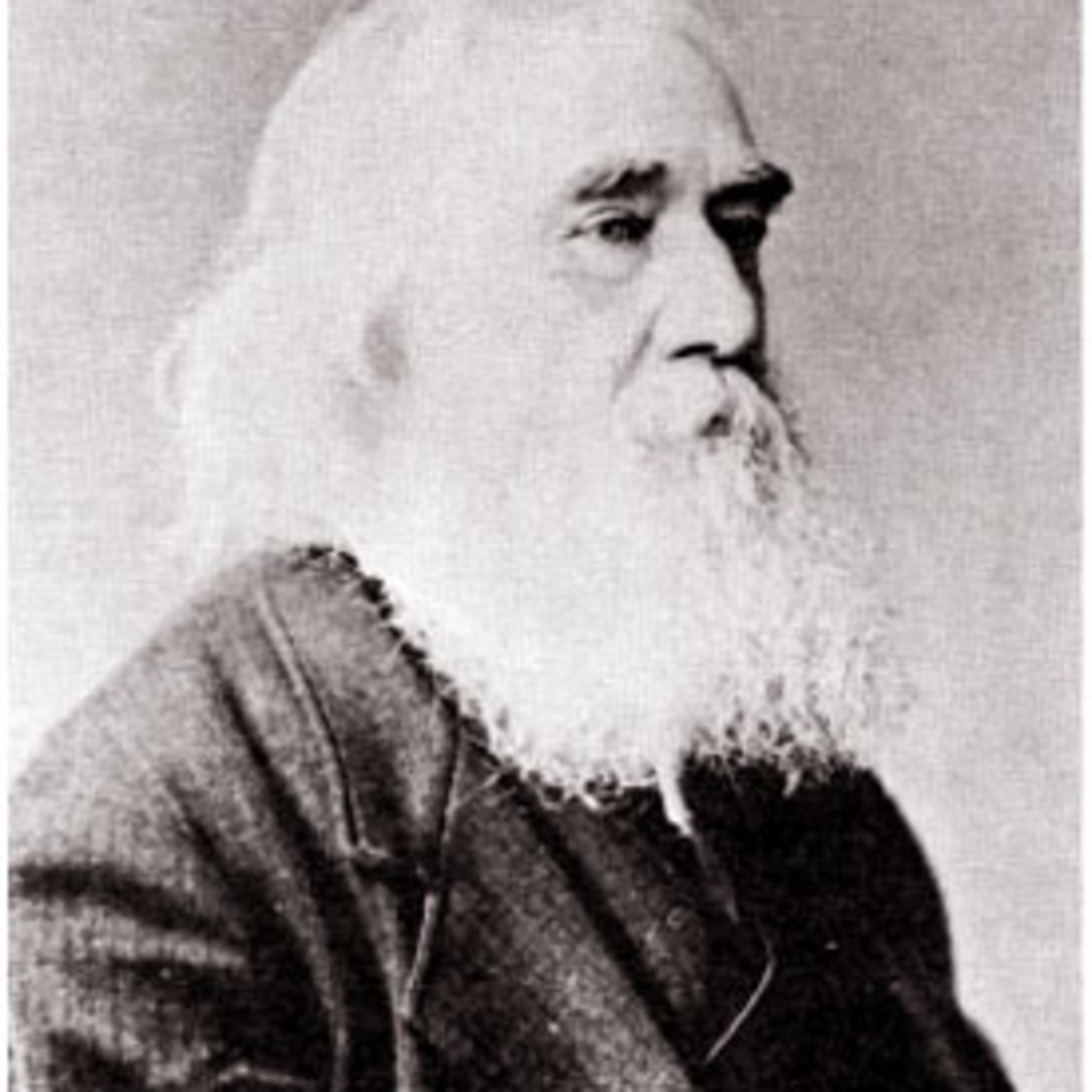
Lysander Spooner: Vices are not Crimes
By: Lysander Spooner (1808-1887)
Lysander Spooner was an American individualist anarchist, entrepreneur, political philosopher, abolitionist, supporter of the labour movement, and legal theorist of …
01:16:10 |
Fri 12 Feb 2010
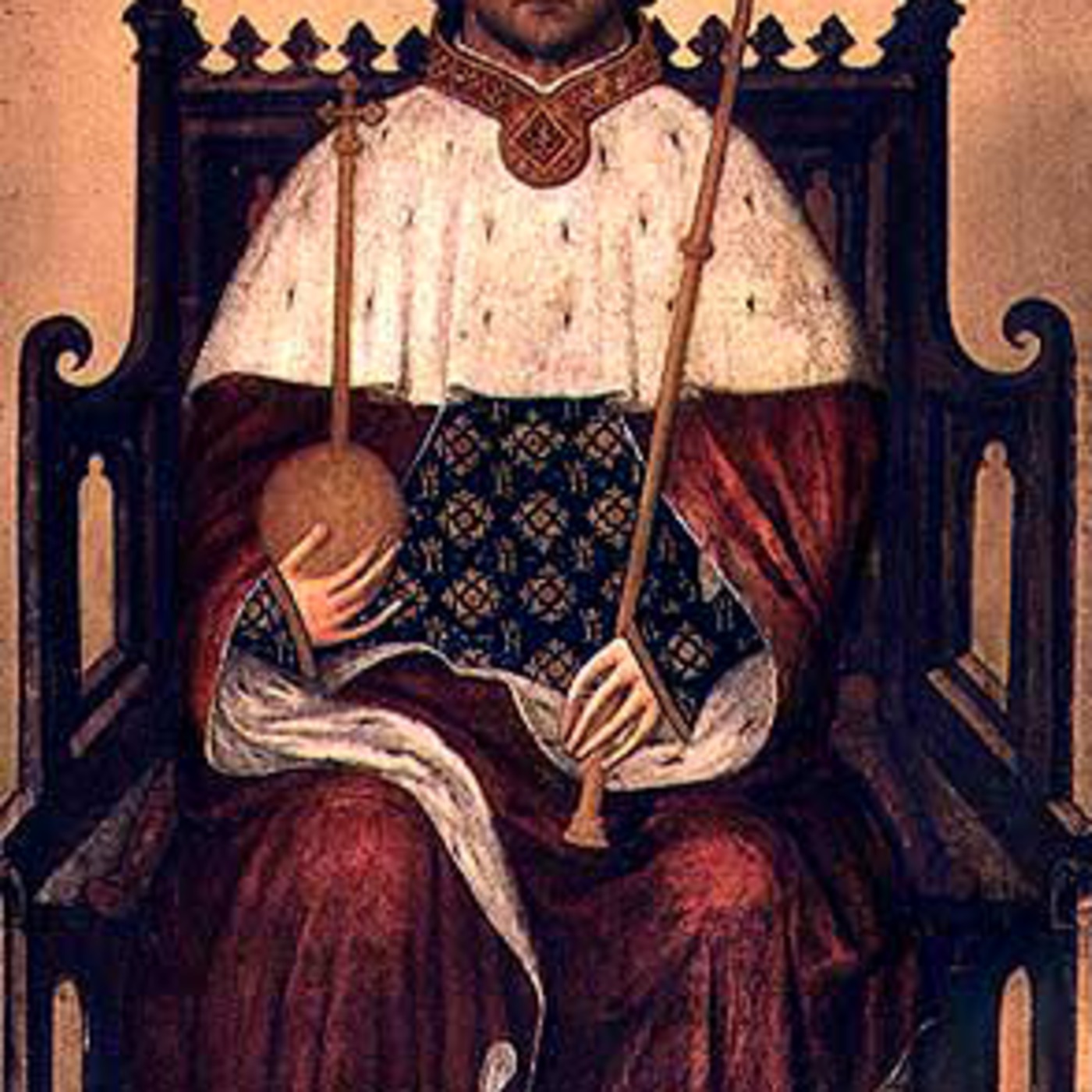
Shakespeare: Richard II
By: William Shakespeare (1564-1616)
The Tragedy of King Richard II, by William Shakespeare, is the first of the history series that continues with Parts 1 and 2 of King Henry IV and with The Life of…
03:02:40 |
Fri 12 Feb 2010
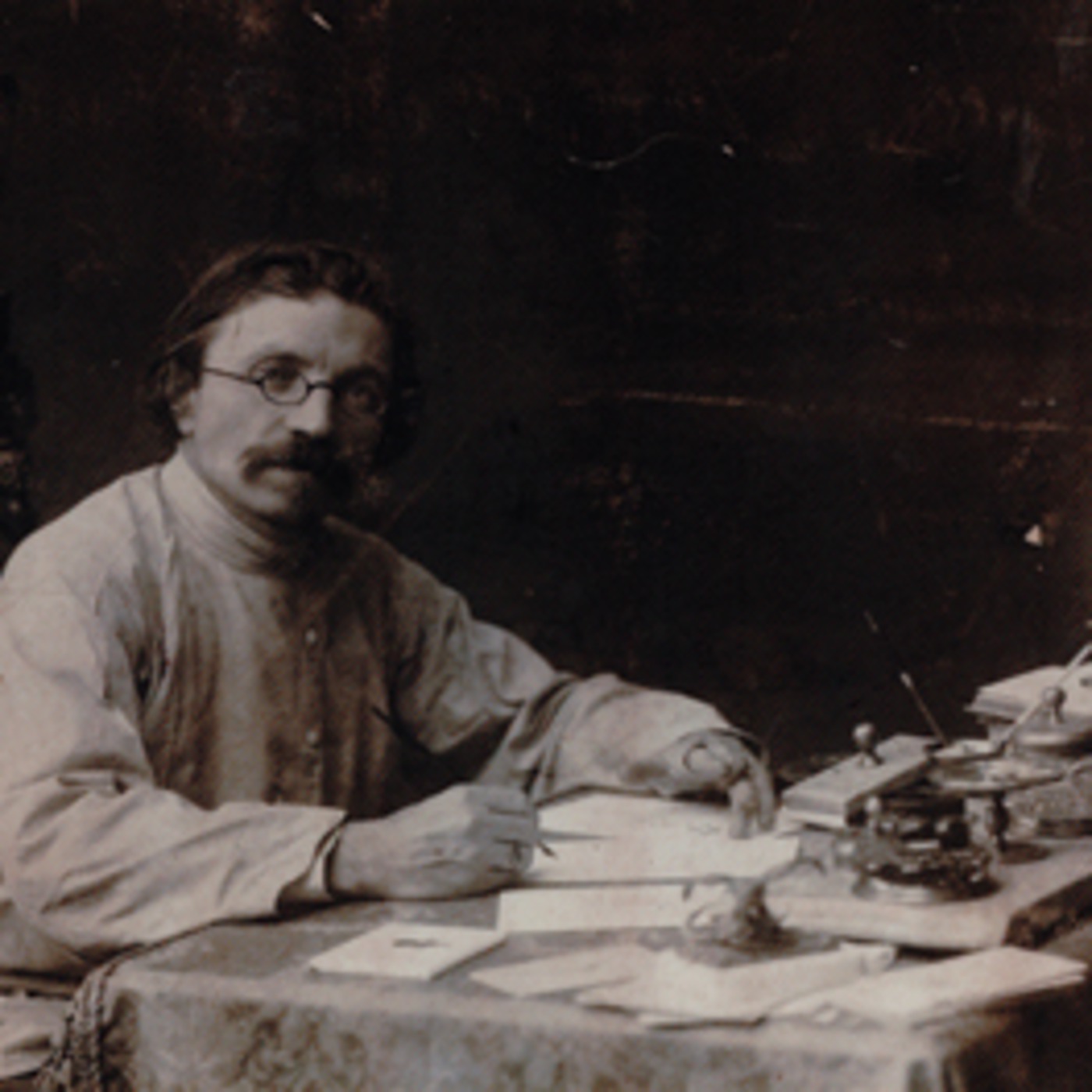
Sholem Aleichem: Jewish Children (Yudishe Kinder)
By: Sholem Aleichem (1859-1916)
Although written from a child’s perspective, this is not a kids book but a series of funny, poignant, and sometimes disturbing stories about life in a late 19th-centu…
00:33:33 |
Fri 12 Feb 2010

Shakespeare: Romeo and Juliet
By: William Shakespeare (1564-1616)
Romeo and Juliet is an early tragedy by William Shakespeare about two teenage “star-cross’d lovers” whose “untimely deaths” ultimately unite their feuding househo…
03:02:04 |
Fri 12 Feb 2010
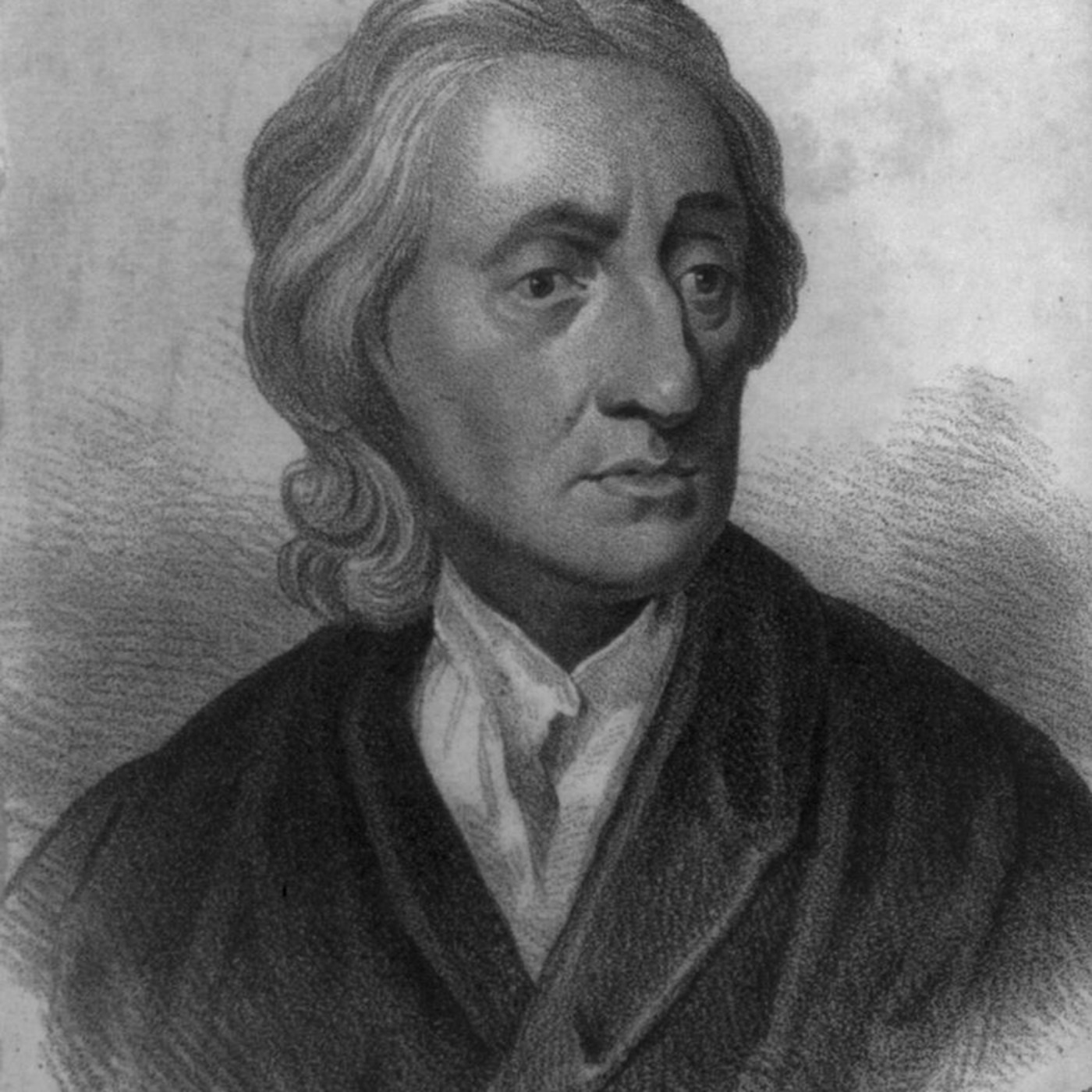
John Locke: Two Treatises of Civil Government
By: John Locke (1632-1704)
The Two Treatises of Civil Government is a work of political philosophy published anonymously in 1689 by John Locke. The First Treatise is an extended attack on Sir Robert…
11:04:22 |
Thu 11 Feb 2010
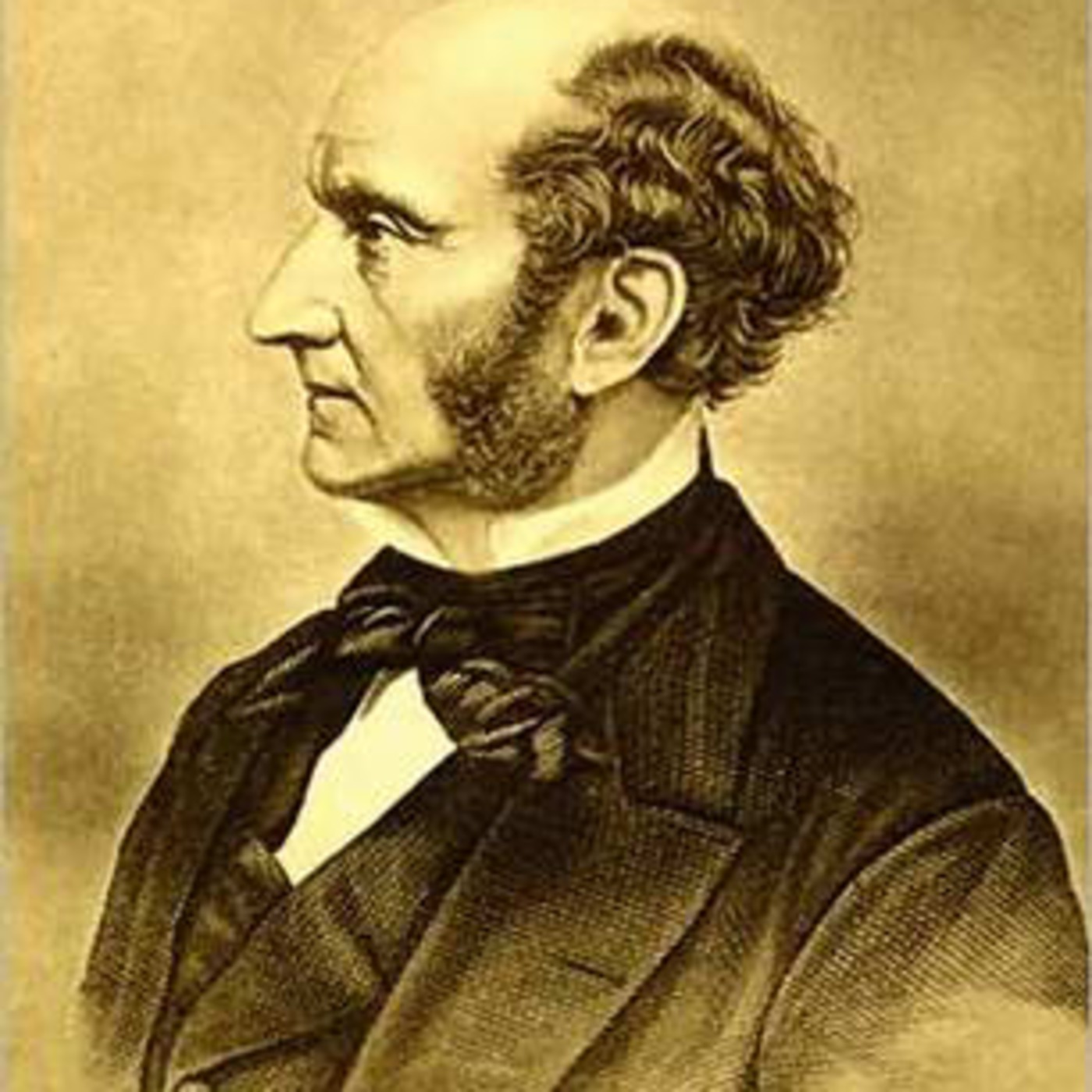
John Stuart Mill: On Liberty
By: John Stuart Mill (1806-1873)
Published in 1859, On Liberty details Mill’s view that individuals should be left wholly free to engage in any activity, thought or belief that does not harm others.…
06:26:29 |
Thu 04 Feb 2010
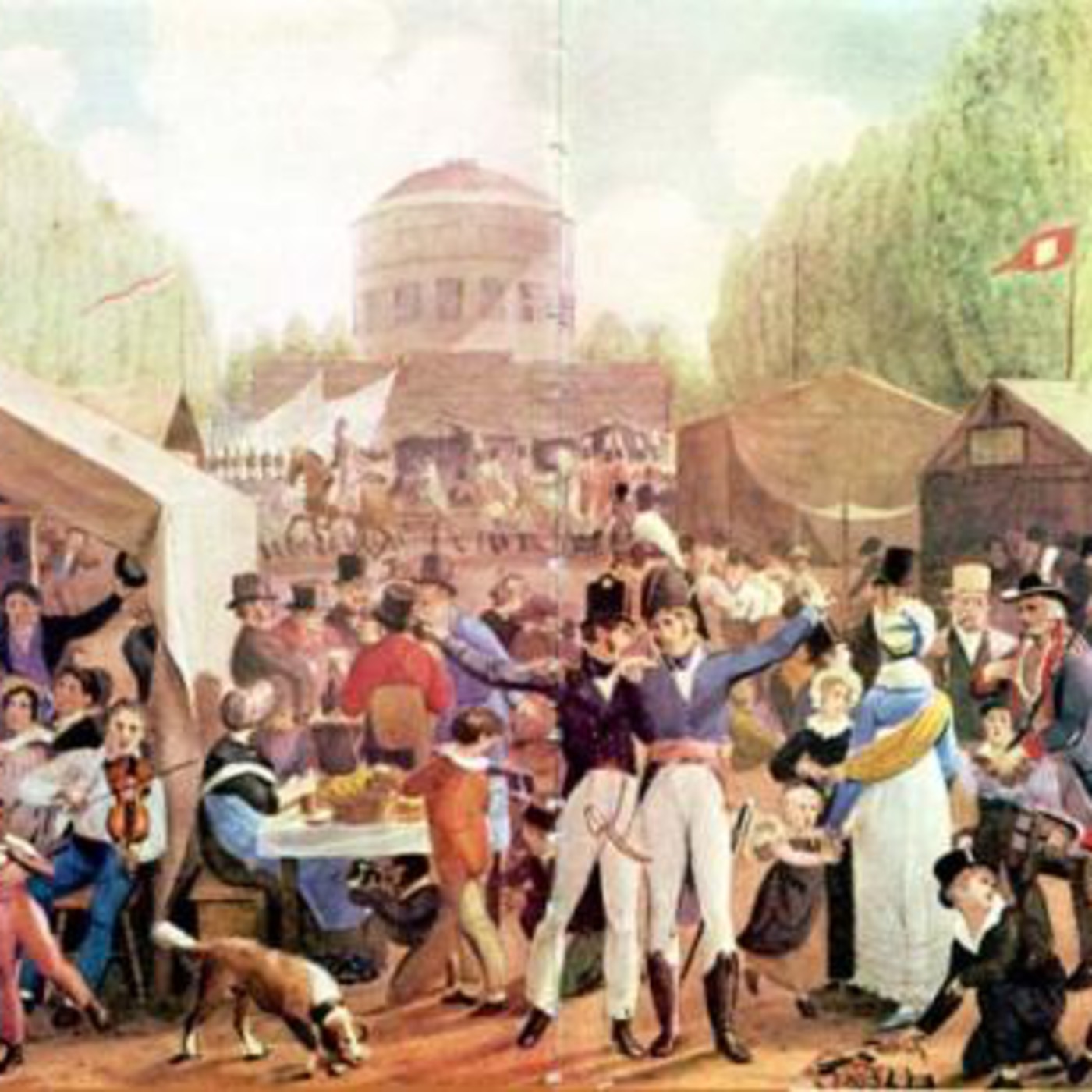
United States Historical Documents
The Articles of Confederation: On November 15th, 1777 The Articles of Confederation became the first constitution of the United States, though not yet ratified by the thirteen original colonies. Rati…
01:22:28 |
Thu 04 Feb 2010
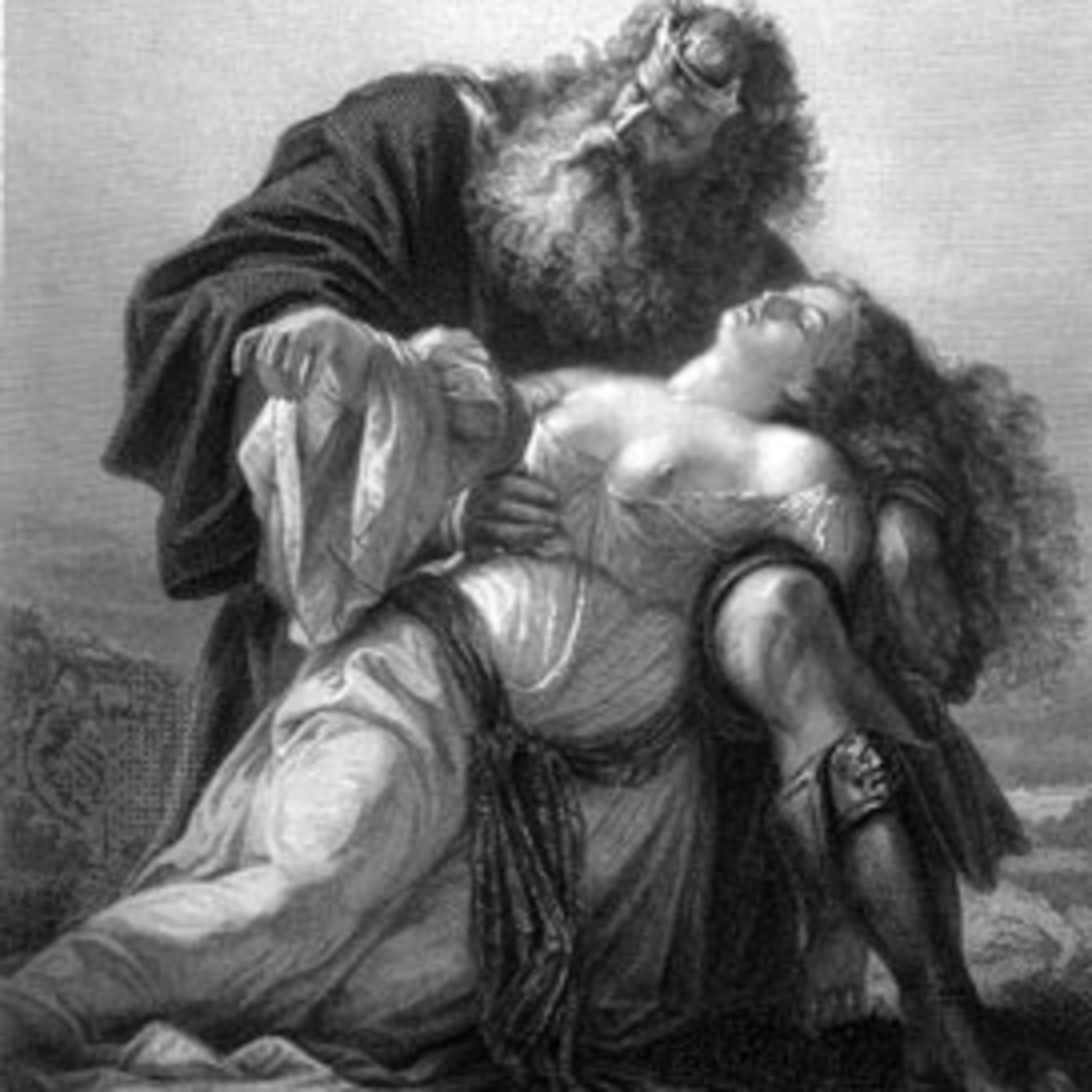
Shakespeare: King Lear
By: William Shakespeare (1564-1616)
King Lear is widely held as the greatest of Shakespeare’s tragedies; to some, it is the greatest play ever written. King Lear abdicates the British throne, to div…
03:23:04 |
Thu 04 Feb 2010
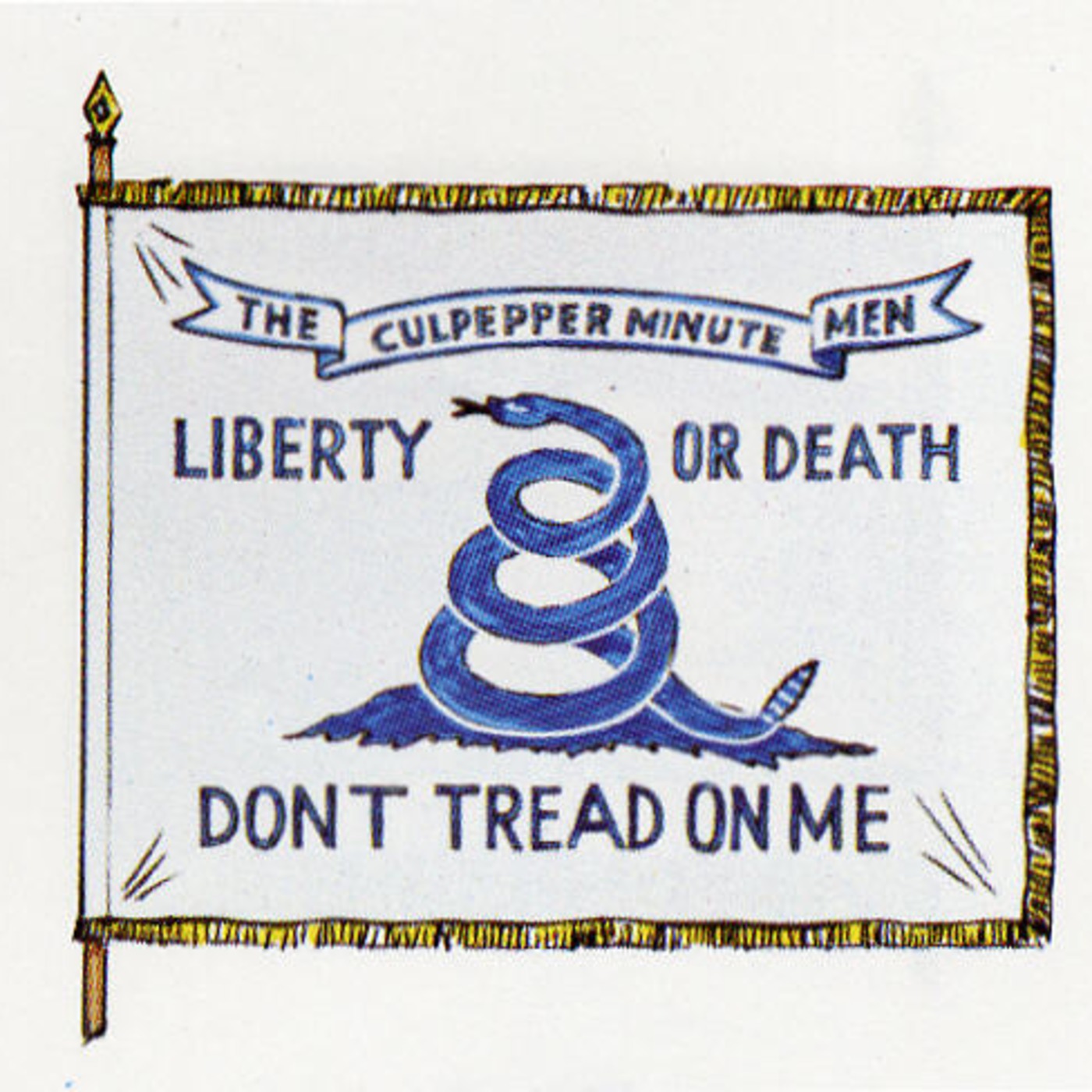
Patrick Henry: Give Me Liberty
By: Patrick Henry (1736-1799)
This speech was given March 23, 1775, at St. John’s Church in Richmond, Virginia, and is credited with having singlehandedly convinced the Virginia House of Burgesses t…
00:09:31 |
Wed 27 Jan 2010
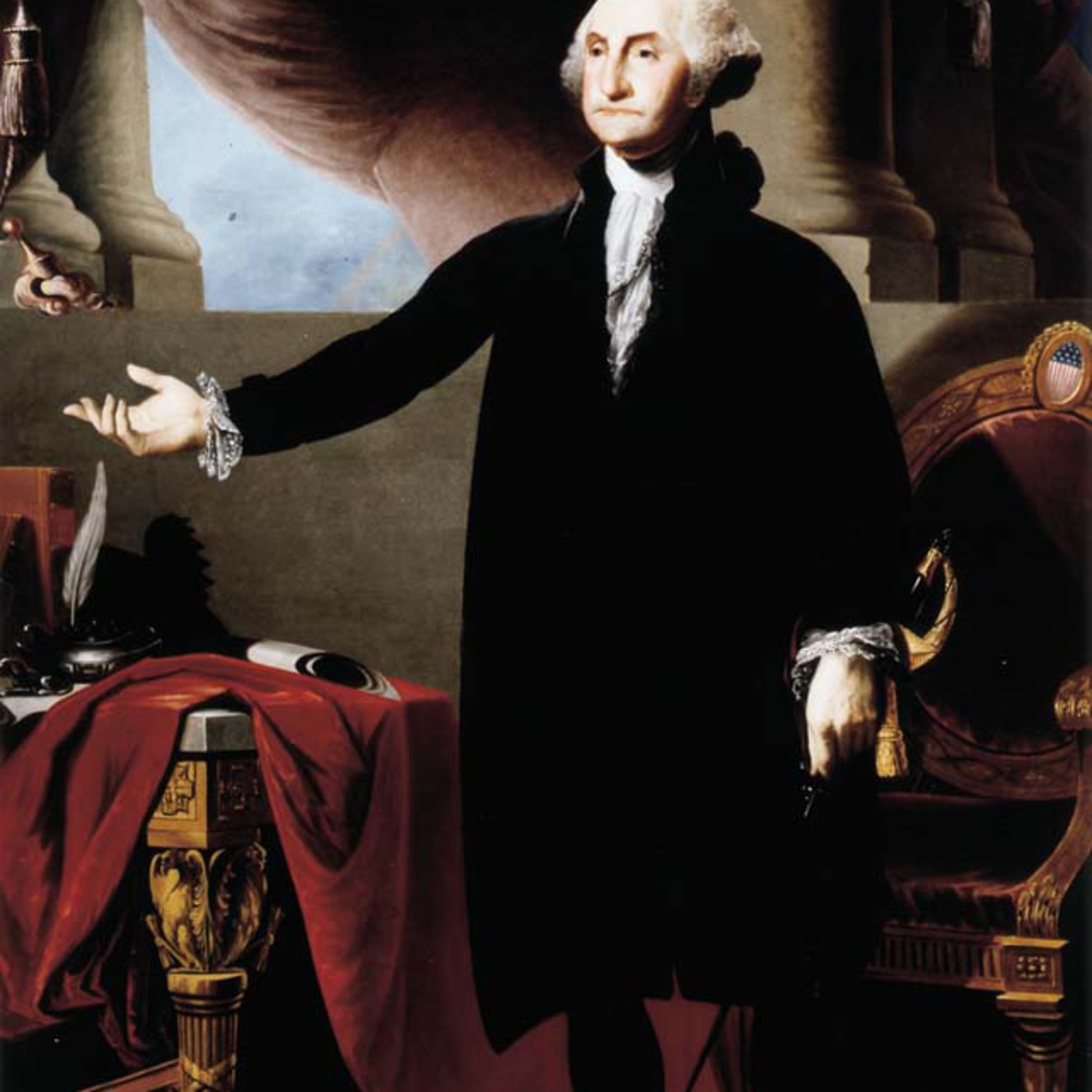
George Washington: Presidential Farewell Address
George Washington's Farewell Address was written to "The People of the United States" near the end of his second term as President of the United States and before his retirement to Mount Vernon.
Ori…
00:38:02 |
Wed 27 Jan 2010
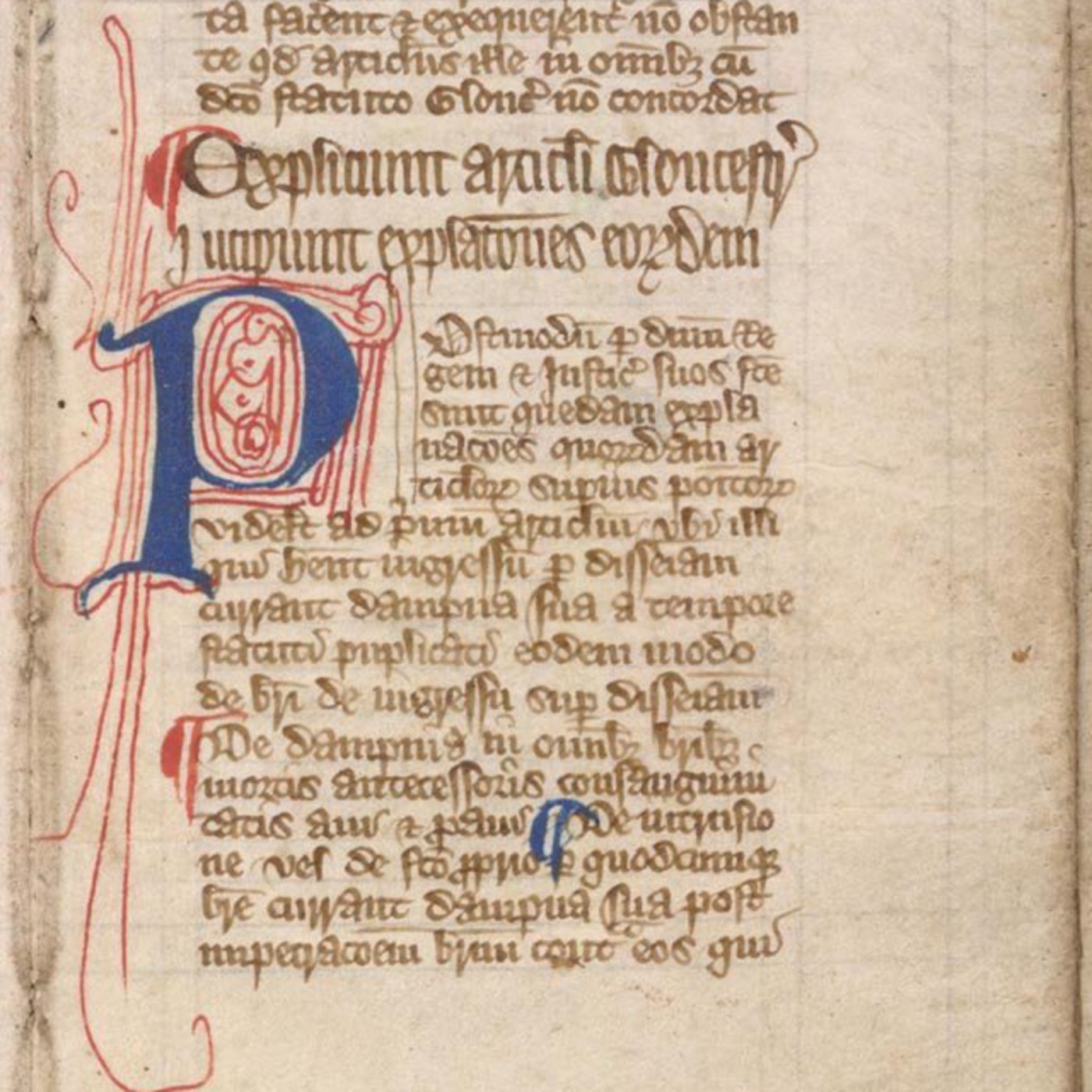
Magna Carta
The original document is in Latin so this can only be a fairly rough approximation of the actual content. The text used is the first version in the Gutenberg collection. – Magna Carta is the most sig…
00:28:35 |
Tue 26 Jan 2010

Nellie Bly: Ten Days in a Madhouse
By: Nellie Bly (1864-1922)
In 1887 Nellie Bly, one of the first female newspaper writers, and a young reporter who would soon go on to make a career for herself as an investigative journalist and “s…
02:41:50 |
Tue 26 Jan 2010

Shakespeare’s Sonnets
By: William Shakespeare (1564-1616)
Shakespeare’s Sonnets, or simply The Sonnets, comprise a collection of 154 poems in sonnet form written by William Shakespeare that deal with such themes as love,…
02:20:14 |
Mon 25 Jan 2010
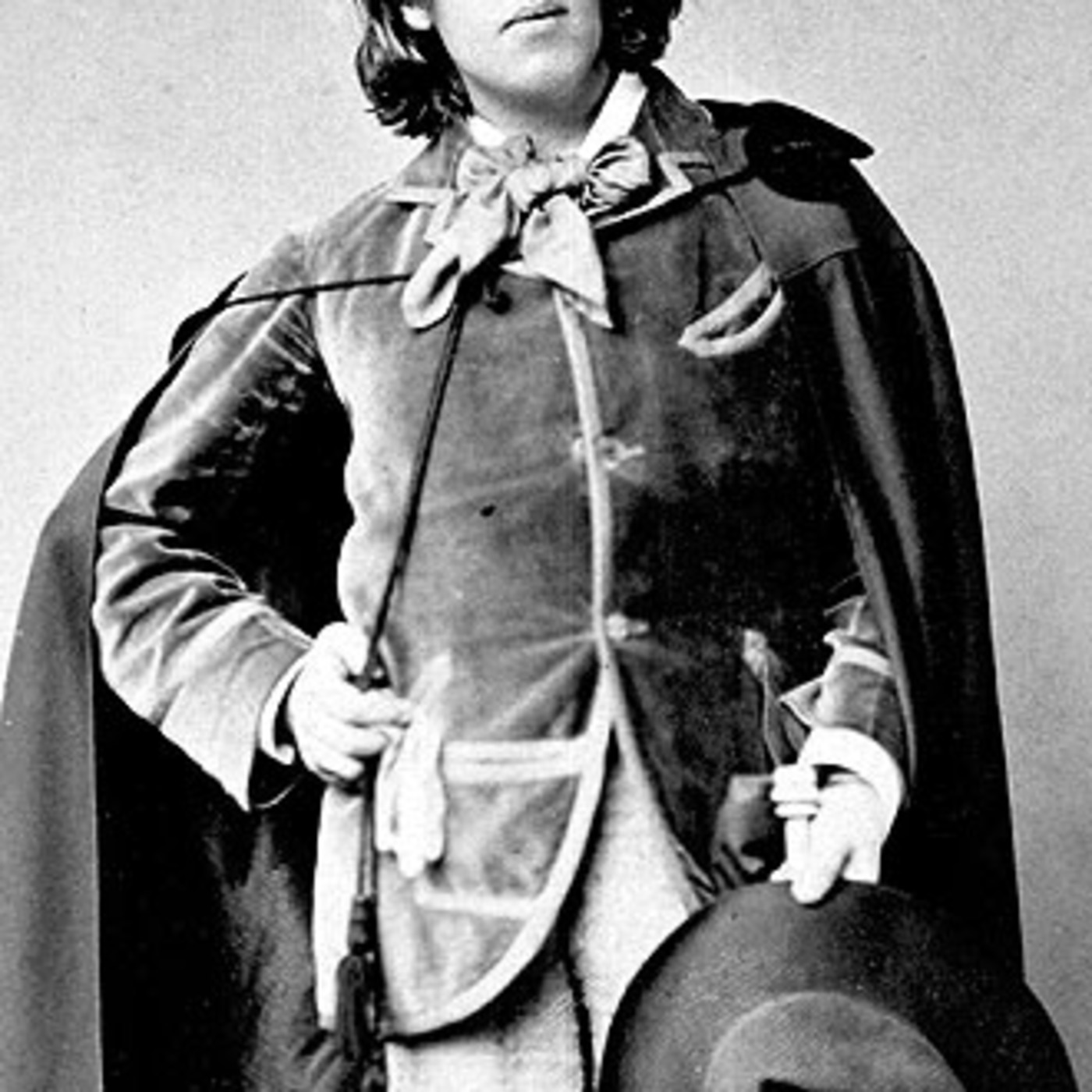
Oscar Wilde: Aphorisms
By: Oscar Wilde (1854-1900)
In 1894, Oscar Wilde (1854-1900) published two short collections of aphorisms: “A Few Maxims For The Instruction Of The Over-Educated”, in the Saturday Review newspaper, …
00:11:45 |
Mon 25 Jan 2010

Alice's Adventures in Wonderland
By: Lewis Carroll (1832-1898)
Note the chapter markers are not aligned properly due to irregularities among audio encodings.
http://www.audioowl.com/book/alices-adventures-in-wonderland-by-lewis-…
02:52:52 |
Mon 25 Jan 2010
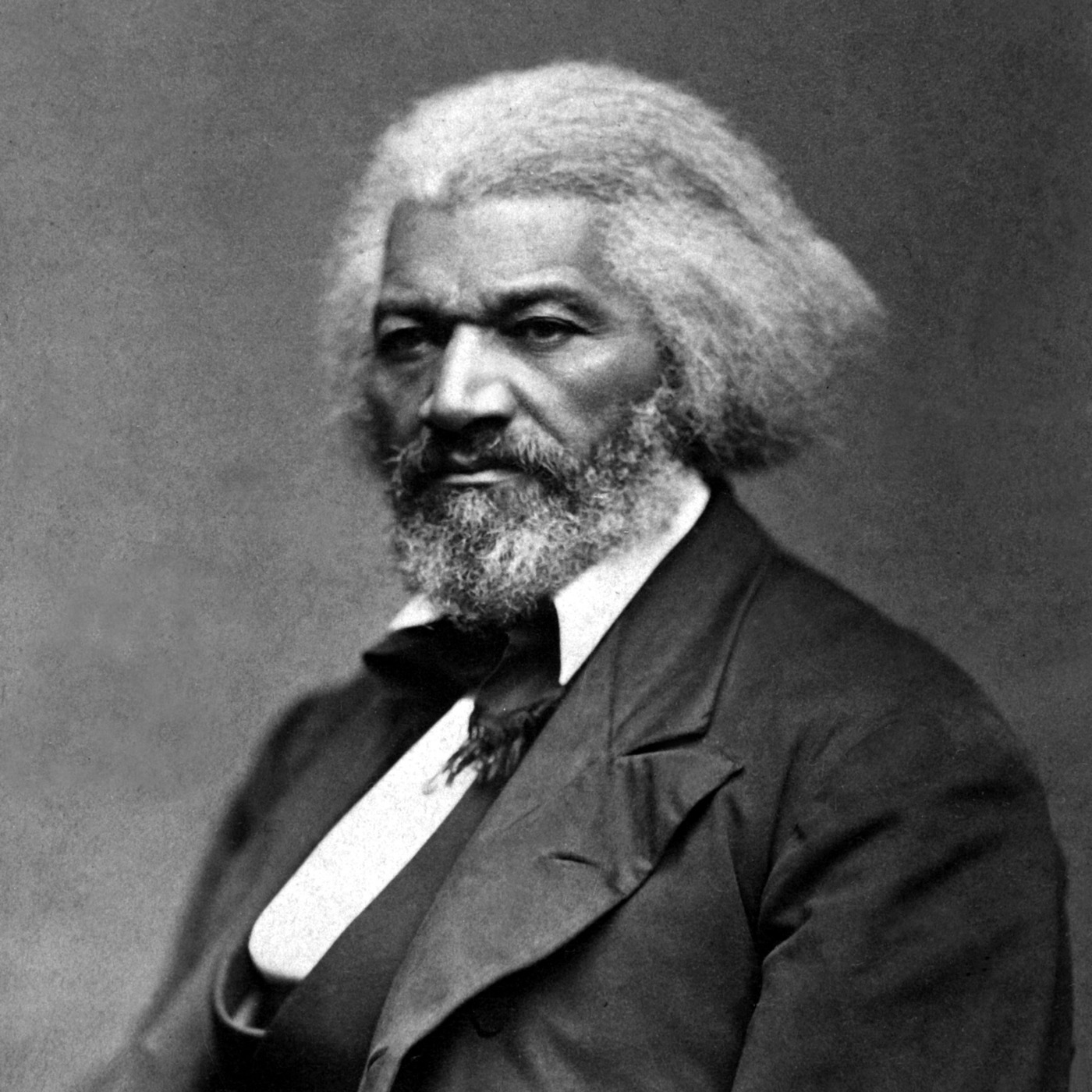
Narrative of the Life of Frederick Douglass
By: Frederick Douglass (1818-1895)
Narrative of the Life of Frederick Douglass is a memoir and treatise on abolition written by famous orator and ex-slave, Frederick Douglass. It is generally held t…
04:03:22 |
Mon 25 Jan 2010
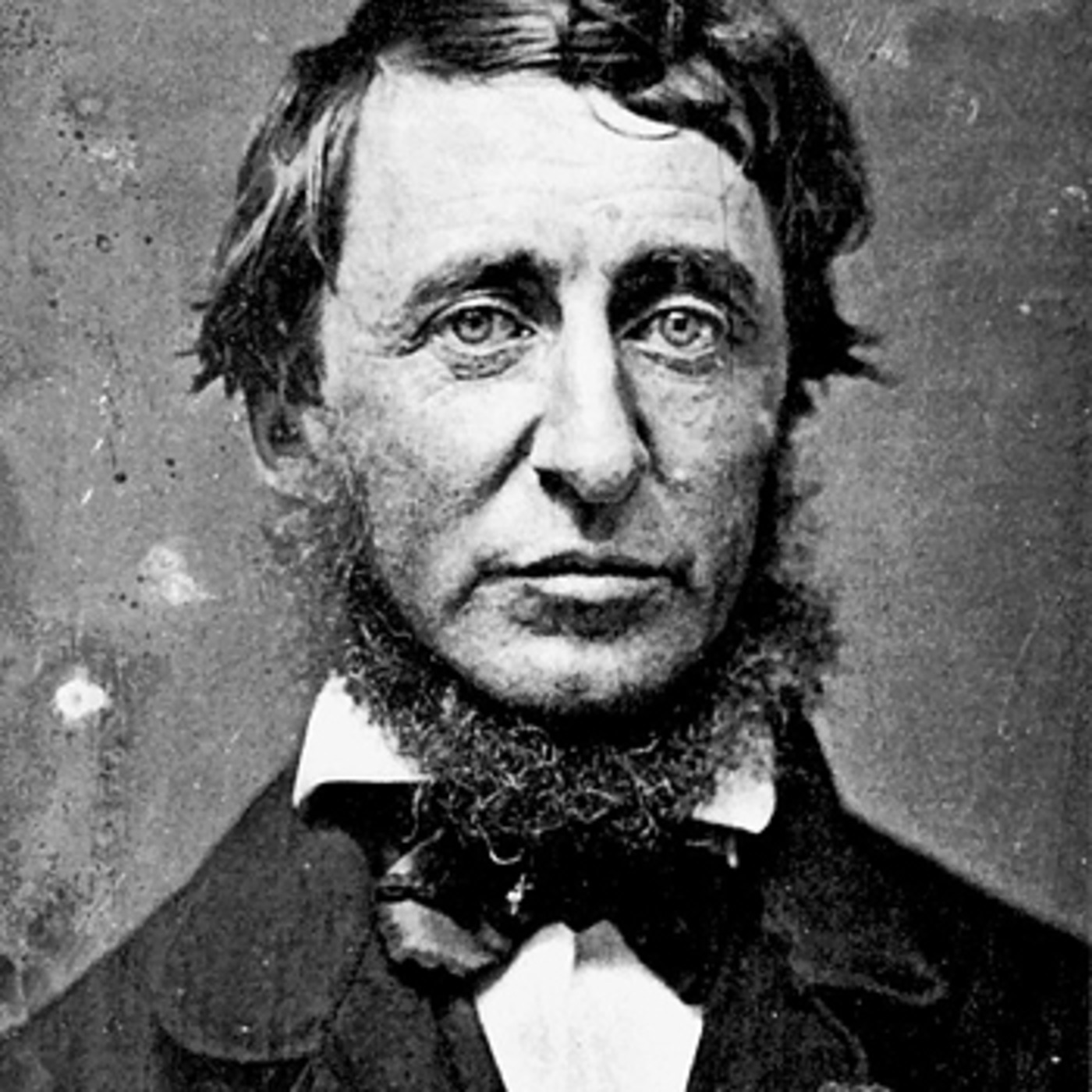
Thoreau: Civil Disobedience
By: Henry David Thoreau (1817-1862)
Civil Disobedience is an essay by Henry David Thoreau. Published in 1849 under the title Resistance to Civil Government, it expressed Thoreau’s belief that people…
01:21:19 |
Mon 25 Jan 2010
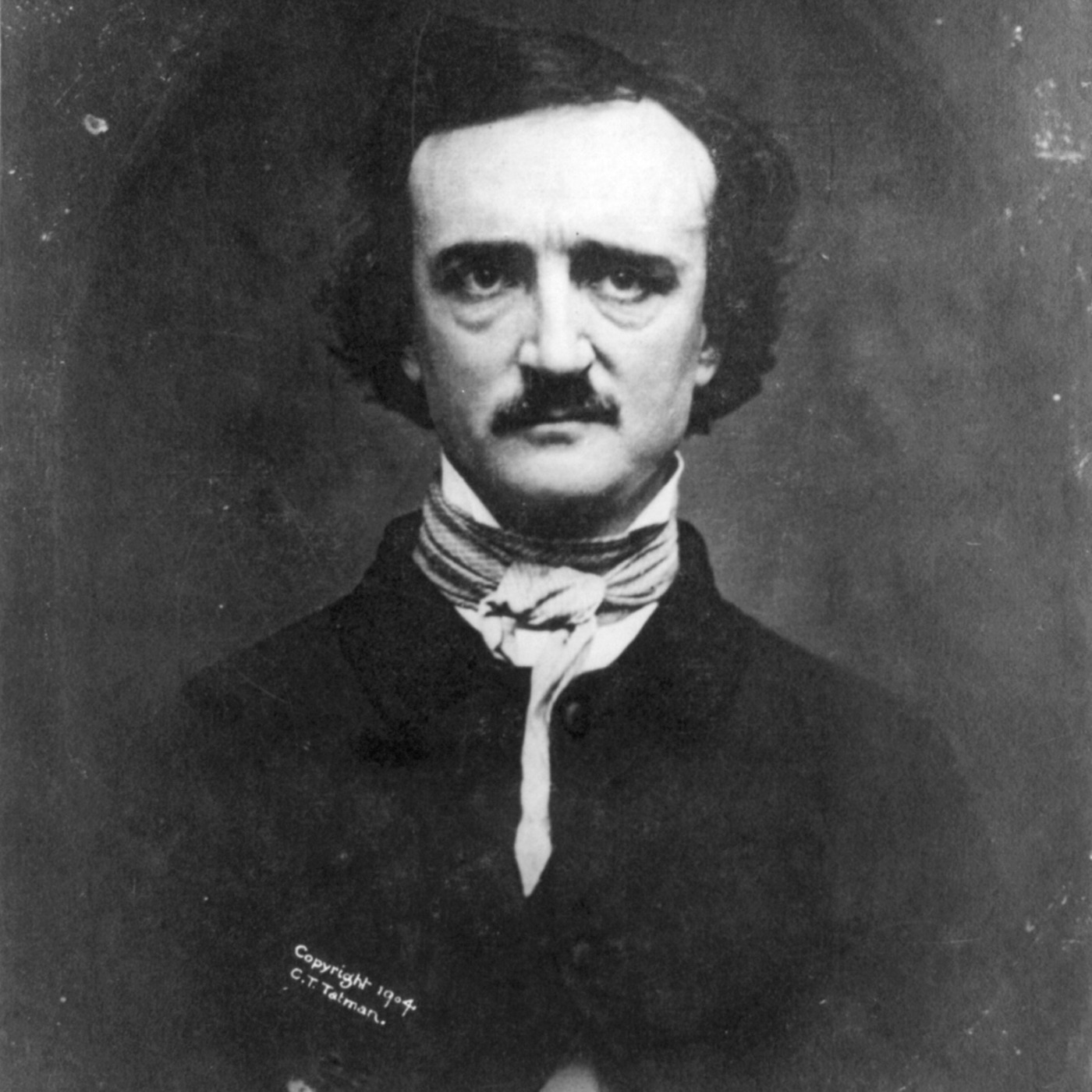
Two Poe Tales
By: Edgar Allan Poe
Edgar Allan Poe is best known for his famous short horror stories; however, horror is not the only genre in which he wrote. How To Write a Blackwood Article and its companion pie…
00:58:44 |
Mon 25 Jan 2010
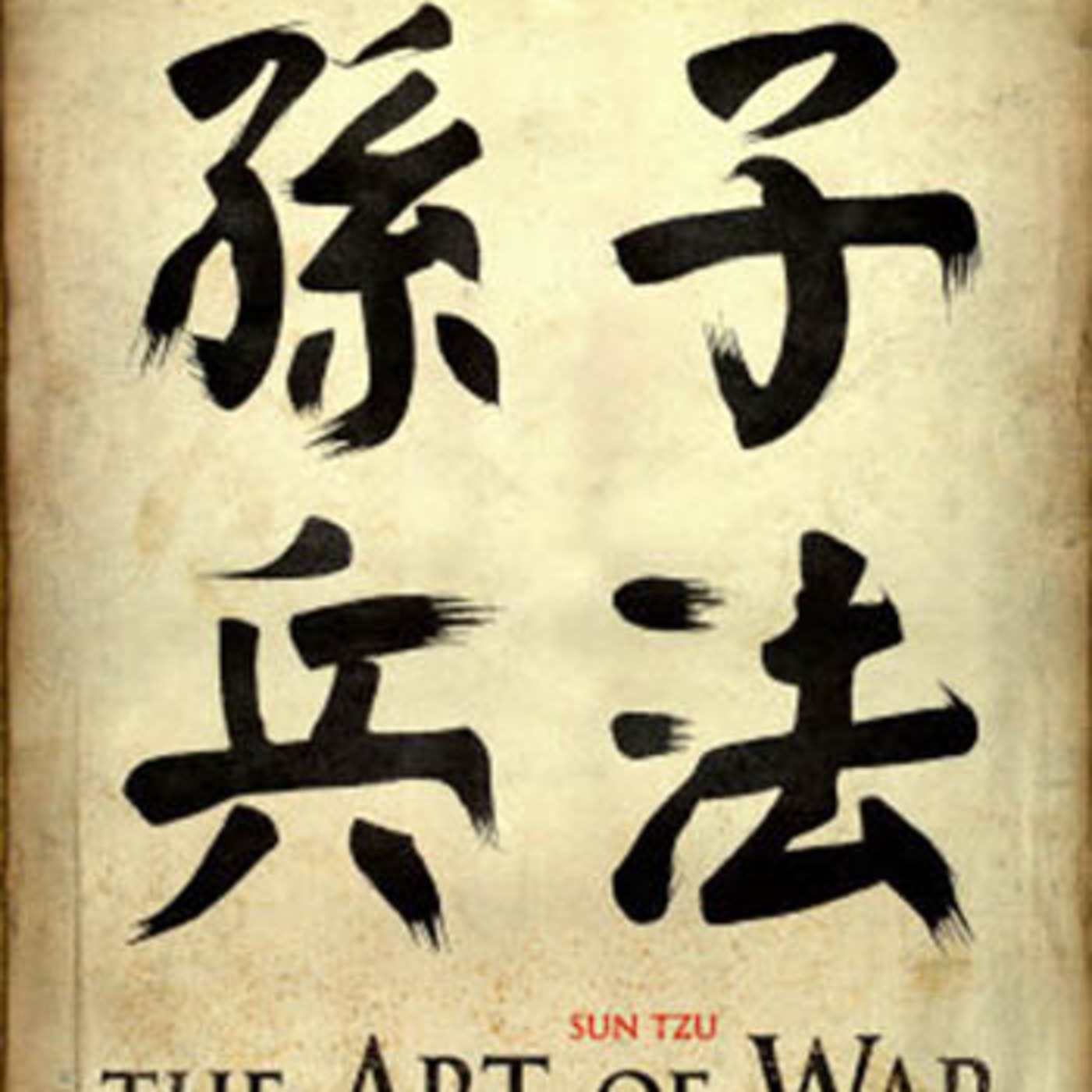
Sun Tzu: The Art of War
By: Sun Tzu (c. 554 BC.-496 BC)
The Art of War is a Chinese military treatise written during the 6th century BC by Sun Tzu. Composed of 13 chapters, each of which is devoted to one aspect of warfare…
01:12:18 |
Mon 25 Jan 2010
Disclaimer: The podcast and artwork embedded on this page are the property of Chapter Audio Books. This content is not affiliated with or endorsed by eachpod.com.